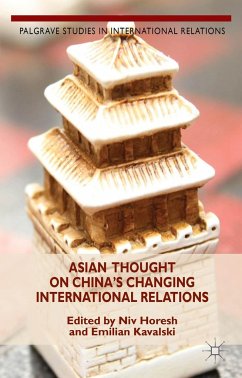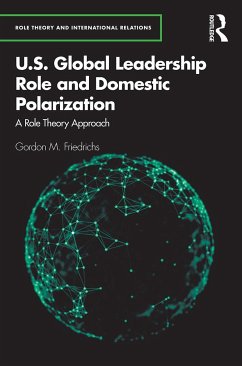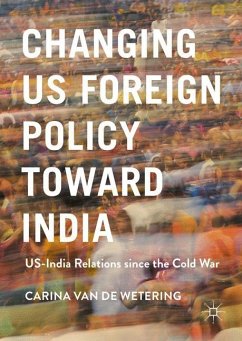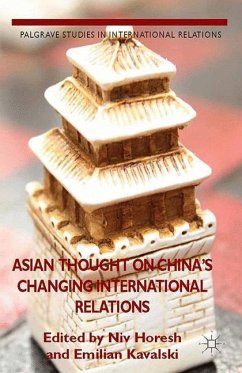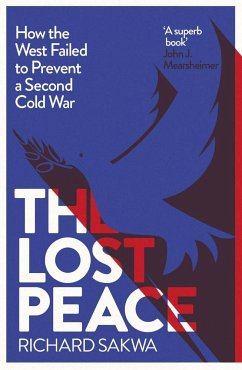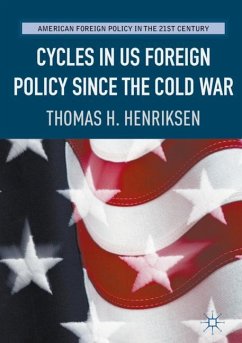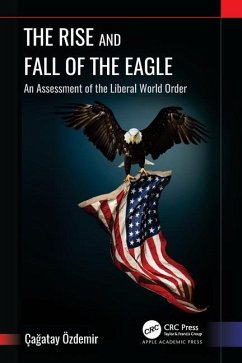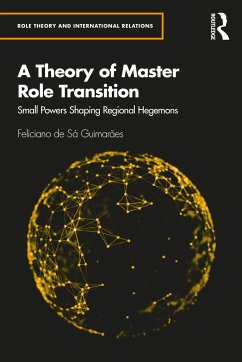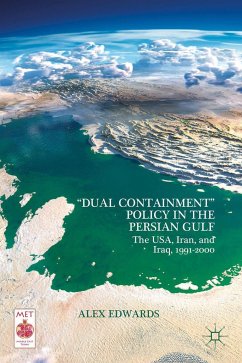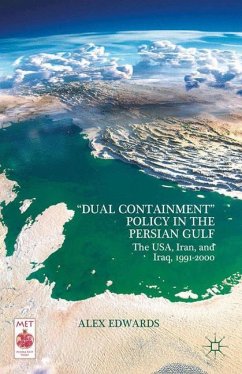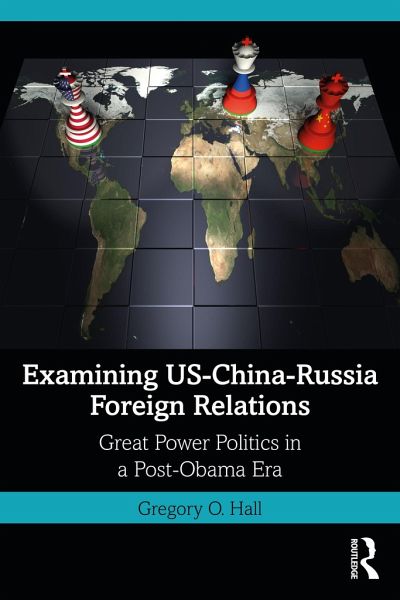
Examining US-China-Russia Foreign Relations
Power Relations in a Post-Obama Era
Versandkostenfrei!
Versandfertig in 6-10 Tagen
35,99 €
inkl. MwSt.
Weitere Ausgaben:

PAYBACK Punkte
18 °P sammeln!
Examining US-China-Russia Foreign Relations explores the changing nature and function of the US-China-Russia strategic triangle from the end of the Cold War up to the present.Gregory Hall uses neoclassical realist international relations (IR) theory to argue that, since the mid-2000s, the politics of the strategic triangle have been increasingly influenced by factors related to the Big3 countries' respective domestic environments. Hall utilizes agency and context for each of the three great powers, expanding on previously established frameworks to include a comparative analysis of each actor's...
Examining US-China-Russia Foreign Relations explores the changing nature and function of the US-China-Russia strategic triangle from the end of the Cold War up to the present.
Gregory Hall uses neoclassical realist international relations (IR) theory to argue that, since the mid-2000s, the politics of the strategic triangle have been increasingly influenced by factors related to the Big3 countries' respective domestic environments. Hall utilizes agency and context for each of the three great powers, expanding on previously established frameworks to include a comparative analysis of each actor's domestic environment for foreign policy and the interplay between the domestic and external contexts. In IR terms, the book identifies and illustrates how factors including systemic, state and societal, individuals, and small groups influence the foreign relations of the Big3. Hall concludes by exploring the future prospects for great power relations and for global affairs.
Incorporating both theoretical and empirical data to offer a fresh and timely look at the myriad challenges facing the three powers, this book provides an excellent companion to students of foreign policy, international security, and post-Cold War international politics.
Gregory Hall uses neoclassical realist international relations (IR) theory to argue that, since the mid-2000s, the politics of the strategic triangle have been increasingly influenced by factors related to the Big3 countries' respective domestic environments. Hall utilizes agency and context for each of the three great powers, expanding on previously established frameworks to include a comparative analysis of each actor's domestic environment for foreign policy and the interplay between the domestic and external contexts. In IR terms, the book identifies and illustrates how factors including systemic, state and societal, individuals, and small groups influence the foreign relations of the Big3. Hall concludes by exploring the future prospects for great power relations and for global affairs.
Incorporating both theoretical and empirical data to offer a fresh and timely look at the myriad challenges facing the three powers, this book provides an excellent companion to students of foreign policy, international security, and post-Cold War international politics.





